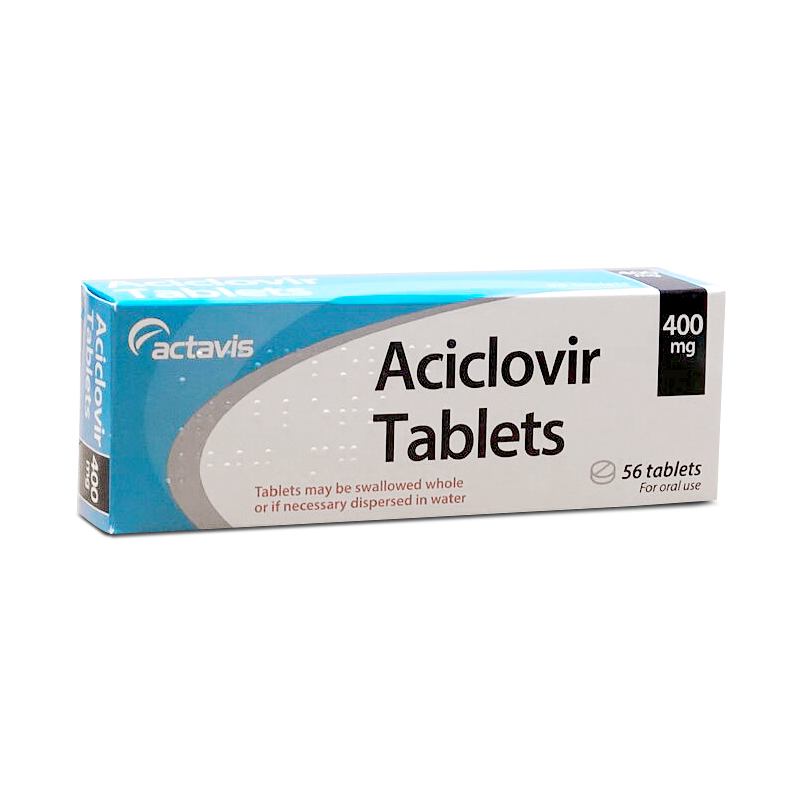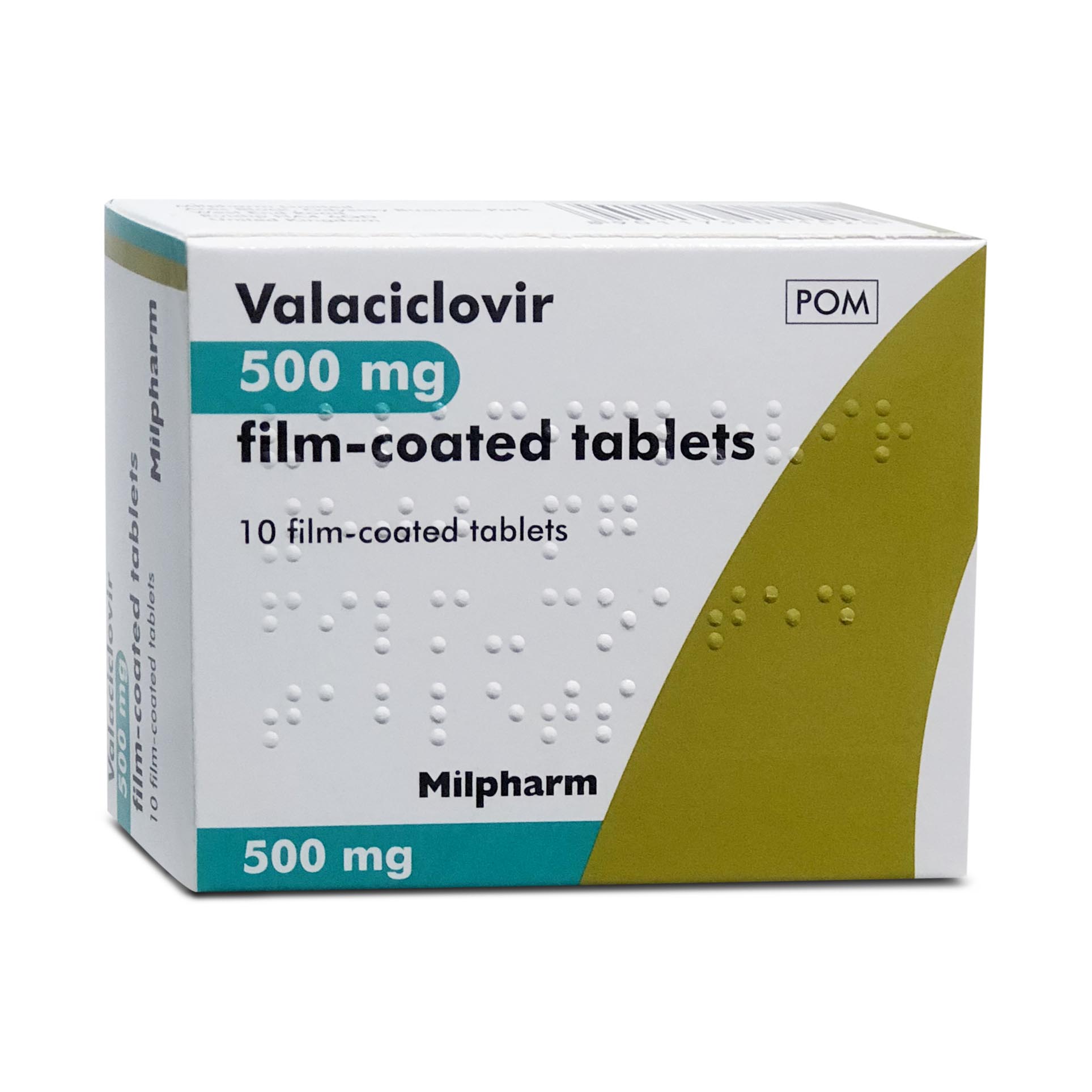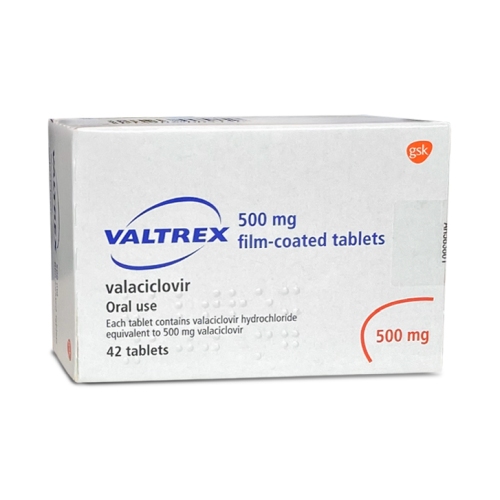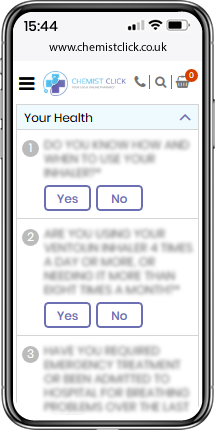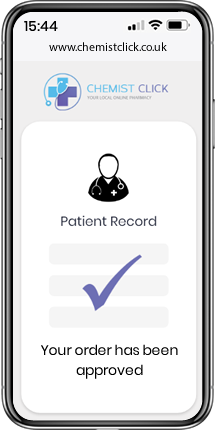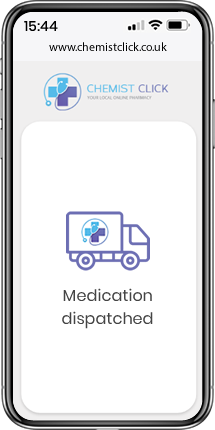Genital Herpes Treatment
Genital herpes is a sexually transmitted infection (STI) caused by the herpes simplex virus (HSV). The infection causes sores which can become painful, itchy blisters.
GENITAL HERPES TREATMENT
Yes, oral herpes caused by HSV-1 can spread through oral sex.
Yes, you can find out more by reading our guide on anal herpes.
Genital herpes affects around 10% of the UK population.
This can vary depending on the individual. Some people can go months or years without having an outbreak. Some people will never get an outbreak.
No, there is currently no vaccine for genital herpes.
No, genital herpes treatments are prescription only medications.
Antiviral treatments can help to heal sores faster. To find out more, read our guide on how to heal herpes sores faster.
Genital herpes can cause a discharge, which many people describe as having a “fishy” odour. This predominantly affects women, more than men.
More information is available on our guides:
Recurrent outbreaks can be treated with suppression therapy. Taking an antiviral tablet daily can help to reduce the chances of getting an outbreak.
Yes, this is known as a false positive.
Yes – Even if a person does not have symptoms, they may have a high viral load. This means that the infection is progressing, and they are contagious.
No, you will not die from genital herpes.
Factors that can induce an outbreak include stress, being run down, a low immune system, certain medication, and high exposure to ultraviolet light.
If you have acquired genital herpes before your pregnancy, there is an extremely low chance that it will be passed onto your child. This is because your body has built up antibodies in order to fight the virus. These antibodies are provisionally given to your baby through the placenta during pregnancy. So, even if there are genital sores around the vagina during birth, the antibodies are a form of protection for the baby. It is important to let your doctor know, so that extra measures can be taken in order to protect the new born.
Women who develop herpes later on in their pregnancy however, are at an increased chance of passing the virus onto their child. This is because the immune system has not built up antibodies as a form of protection to fight the virus, meaning that the baby is able to contract herpes. This potentially can be dangerous and potentially life threatening for the child. If you have contracted genital herpes at any point during your pregnancy, you should see your doctor immediately.
Yes – this is known as cold sores. Herpes on the mouth is usually caused by HSV-1. Whilst HSV-2 predominantly affects the genitals, it is possible to contract either one from oral sex.
Genital warts is caused by the HPV virus, and genital herpes is caused by the HSV virus.
Genital herpes causes blisters that are fluid filled and burst, whereas genital warts cause raised bumps which do not fill with fluid. Herpes sores are usually red, whilst genital warts are usually white.
To find out more, read our guide: What does herpes look like?.
No, your fertility is not affected by genital herpes, but you should let your doctor know if you are pregnant and have genital herpes. This is because an outbreak at the time of childbirth can potentially be dangerous for the child and you may need to take suppressive therapy in the run up to giving birth.
It is possible to contract herpes from someone who has the virus, regardless of whether they are experiencing an outbreak or not. Someone who has genital herpes is most contagious when an outbreak is about to begin, during an outbreak, or shortly after one has finished. The chances of contracting or passing on herpes are lower in between outbreaks, but there is still a chance of contracting the virus, even though symptoms may not be present.
Genital herpes first present as small red blisters which eventually fill up with liquid, taking on a yellow colour. The blisters then burst open, leaving sores within the genitals and anal region. Blisters can also appear on the thigh and buttock region. The severity of the blisters differs between individuals. Some may encounter multiple blisters, whereas others may have one single sore only. Sometimes the symptoms may be so mild that they go unnoticed.
To find out more, read our article 'What does genital herpes look like?'.
Yes, it can be. While many people experience no symptoms, when sores do develop, they can be painful.
Blisters around the area of infection can itch and tingle, and then turn into open sores. Some people also experience flu-like symptoms during their first outbreak, such as fever, muscle aches, headache and swollen lymph nodes in the groin.
